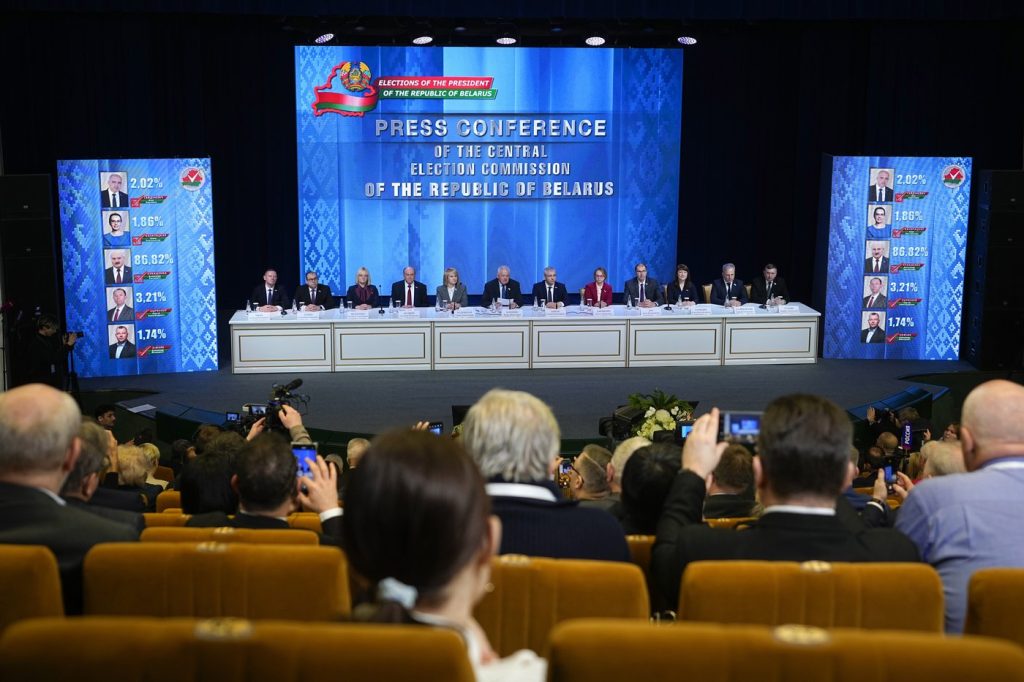Belarus' authoritarian President Alexander Lukashenko extended his grip on power during an orchestrated election held on a recent Sunday. This election, strongly rejected by both the opposition and the European Union, is viewed as a facade designed to reinforce his authority after more than three decades in office.
The Central Election Commission announced Lukashenko as the winner of the election in the early hours of Monday. Official results stated that the long-standing leader secured nearly 87% of the vote, amidst a backdrop of a campaign featuring four symbolic challengers, all of whom have openly praised his leadership. This scenario raises significant concerns about the legitimacy of the electoral process.
Lukashenko's opponents have faced severe repression, with many imprisoned or forced into exile due to his ongoing crackdown on dissent and free speech. This election mirrors the events of 2020, which led to widespread protests, the largest in Belarus' history, involving a population of approximately 9 million people. Since that time, over 65,000 individuals have been arrested, and many have experienced police violence, triggering condemnation and sanctions from Western nations.
The European Union has labeled the most recent election as illegitimate and has indicated that it may impose new sanctions against Lukashenko's regime. The international community continues to scrutinize the electoral integrity and the repressive measures exercised by the Belarusian government.
Since coming to power in 1994, Lukashenko has maintained his presidency through a combination of authoritarian means and reliance on financial and political support from Russia. His close ties with Moscow have deepened, particularly following Russia's invasion of Ukraine in 2022, which was facilitated by allowing Russian troops to operate from Belarusian territory. Additionally, Lukashenko has hosted some of Russia's tactical nuclear weapons in Belarus, further solidifying his position as an ally to the Kremlin.
The implications of this election and Lukashenko's extended rule resonate beyond national borders, affecting regional stability and international relations, particularly with Western nations that oppose his authoritarian governance.










